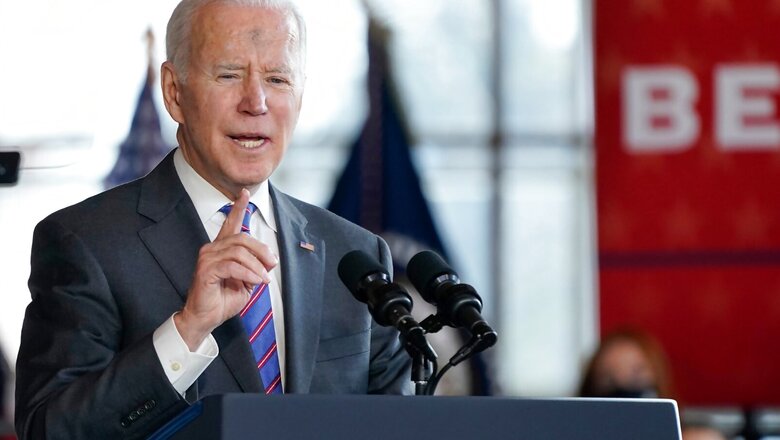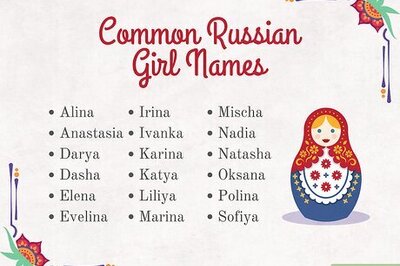
views
The United States has added Kaspersky Lab, the popular Russian internet security firm, to a list of companies deemed a national security concern.
This is the first time a Russian company has been added to the list, where a majority of names are of Chinese enterprises.
Along with Kaspersky, China Telecom (Americas) Corp. and China Mobile International USA Inc. were also put on the list by the Federal Communications Commission on March 25.
It means that federal subsidies cannot be used to purchase a company’s equipment or services once it has been placed on the list.
According to Jessica Rosenworcel, the FCC’s chairwoman, the measure is part of the agency’s efforts to strengthen America’s communications networks against national security threats. She had previously warned of potential cyber strikes in the aftermath of Russia’s invasion of Ukraine.
The news comes only a few days after The German Office for Information Security (Bundesamt für Sicherheit in der Informationstechnik, or BSI) announced that businesses should avoid using Kaspersky due to concerns that it could be used in impending cyberattacks.
After BSI issued the warning the Russian company released a statement, clarifying that it is a global cybersecurity company and has no ties to the Russian or any other government.
It said: “We believe this decision is not based on a technical assessment of Kaspersky products – that we continuously advocated for with the BSI and across Europe – but instead is being made on political grounds.”
On its website, Kaspersky claims to be the world’s largest privately held cybersecurity firm. It claims to protect over 400 million users and 240,000 businesses.
Soon after the company’s name was added to the list, Kaspersky said in a statement that it “is disappointed with the decision by the FCC to prohibit certain telecommunications-related federal subsidies from being used to purchase Kaspersky products and services”.
“Kaspersky will continue to assure its partners and customers on the quality and integrity of its products, and remains ready to cooperate with the US government agencies to address the FCC’s and any other regulatory agency’s concerns,” it added.
In 2017, the US government banned the use of Kaspersky software in federal computer networks, citing worries about the security firm’s ties to the Russian government and espionage attempts.
This time, FCC claimed that Kaspersky-branded products pose an unacceptable risk to the United States’ national security.
Since Russia invaded Ukraine in February this year, the FCC has increased its focus on Russian telecommunications. In light of cyber threats resulting from the war, Rosenworcel proposed an investigation into the vulnerabilities of the internet’s global routing system on February 25.
She said on March 16 that the agency had completed a review of Russian interests in US communications networks and had shared the findings with national security officials.
The FCC said it updated the list on March 25 based on conclusions from the Department of Homeland Security and the Committee for the Assessment of Foreign Participation in the United States Telecommunications Services Sector, an executive branch interagency body.
In 2021, the FCC had five Chinese companies on its list – Huawei Technologies Co., ZTE Corp., Hytera Communications Corp., Hangzhou Hikvision Digital Technology Co., and Zhejiang Dahua Technology Co.
The Chinese companies on the list were previously barred from the US market by the FCC. In an October vote, the FCC rejected China Telecom’s bid to provide telephone service, citing security concerns.
In 2019, the agency had rejected China Mobile’s bid to provide telephone service, citing security concerns.
Read all the Latest Tech News and Breaking News here


















Comments
0 comment